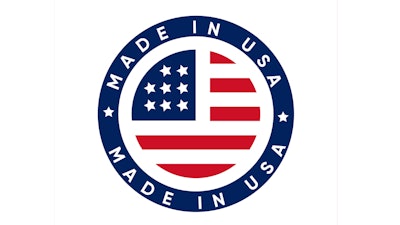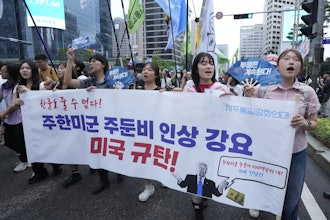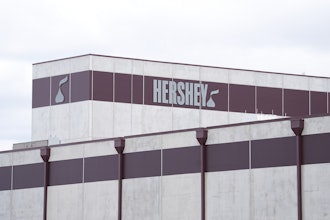
When the quest for key products in short supply hit consumers in 2020, it kicked off a whirlwind of challenges for U.S. companies supplying the market. With it came pledges from executives to make it right – and included everything from diversification strategies and transparency improvement to full-on reshoring of production.
A new Xometry poll, produced in concert with Forbes and Zogby, “reveals nearly two-thirds (64%) of the CEOs say they are currently reshoring or nearshoring their operations or planning to.”
This momentum from manufacturing leadership dovetails with consumer commitments to support made-in-the-USA products. In late 2020, The Reshoring Institute – a non-profit dedicated to bringing manufacturing back to the United States – revealed the results of its latest “Made in USA” survey and sentiment appears to have shifted a bit. For many years prior, consumers expressed support for made-in-America, if in theory: while many said they preferred products produced here, fewer than half were willing to pay more for them.
In this most recent report, however, 69% surveyed said they prefer made-in-the-USA products and three-quarters are willing to pay 10 or 20% more for them.
Still, for those interested in shifting production to take advantage of sentiment, there are considerations: For one, the American labor shortage has created challenges for companies looking to bring back production to U.S. shores. Secondly, as the Reshoring Initiative points out in its most recent newsletter, the march out of China is a long one. They cite Bloomberg Intelligence experts who claim it would take eight years to get just 10% of Apple’s production out of China.
That said, the list of tailwinds at this time is much longer. Reshoring Initiative, an organization that provides company with data on the cost benefits that can come along with reshoring, characterizes the following impactful variables that could influence more companies to bring production the United States:
- The CHIPS Act, kicking off a new era of industrial policy.
- High natural gas prices in Europe.
- A strong manufacturing economy, setting the state for “a manufacturing resurgence in the United States,” according to McKinsey.
Add to that the challenges facing one specific locale that’s been recipient to a large volume of manufacturing goods once produced in America: China. Reshoring Initiative – helmed by longtime reshoring leader Harry Moser – says “now is the time to reshore from China” and cites several factors that make the region a danger zone of increasingly dim prospects. These include the country’s “Zero COVID policy,” which continues to wreak havoc on production rates in key regions, as well as increasing costs for manufacturing amid a backdrop of rising debt and a housing crisis. To boot, says the organization, “Economic and political instability will lead foreign companies to decide that China is no longer such an attractive market and will shift elsewhere, including to the U.S., Canada and Mexico.”
So will your company be one of them? Perhaps the time to find out is now, as there seems to be a concurrent rise in American consumers’ willingness to support the objectives with their wallets.






















